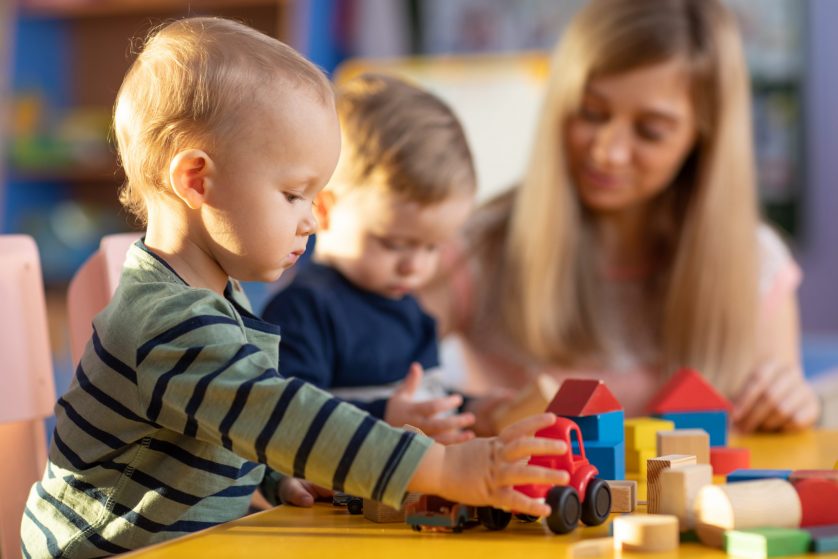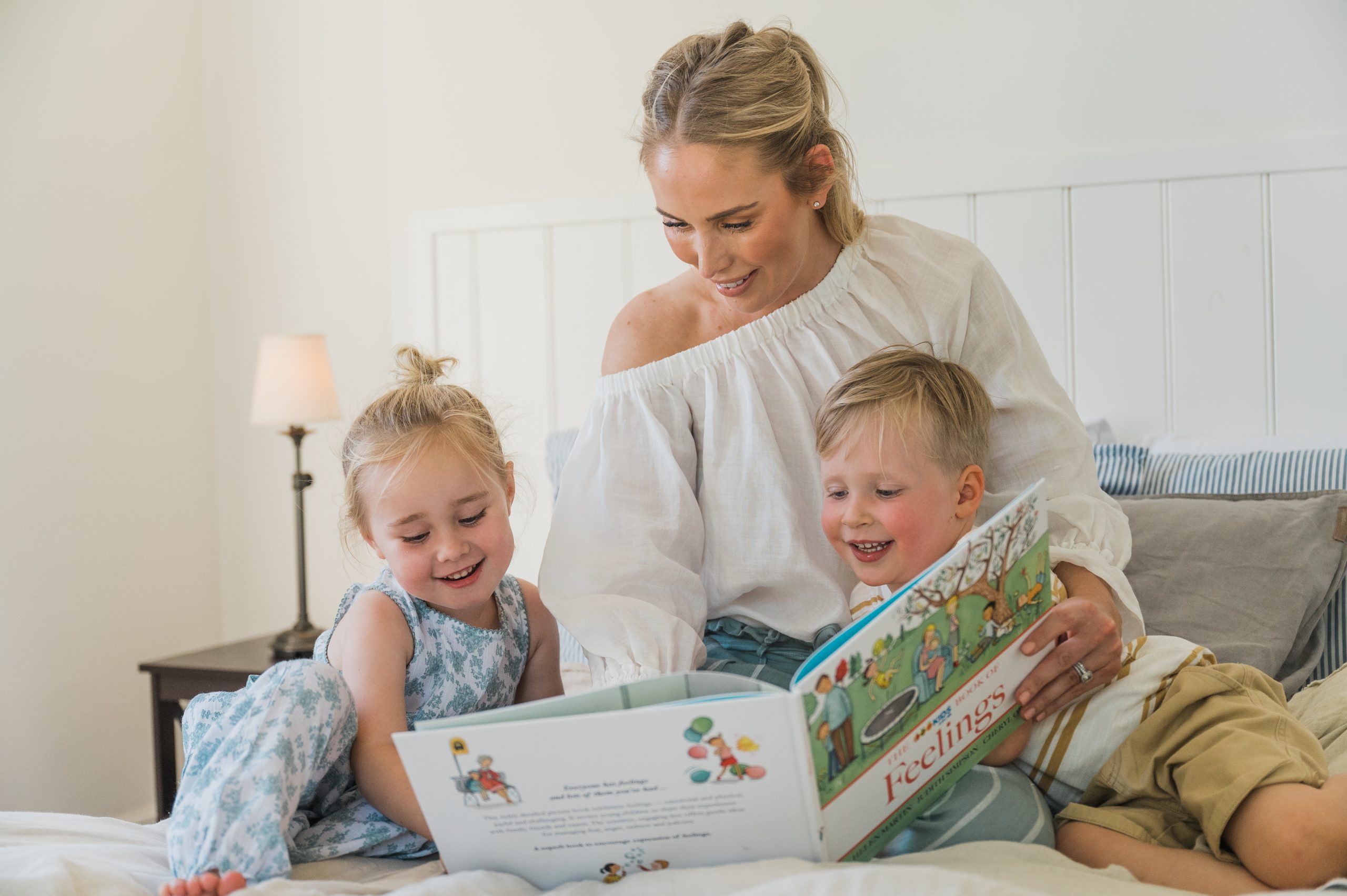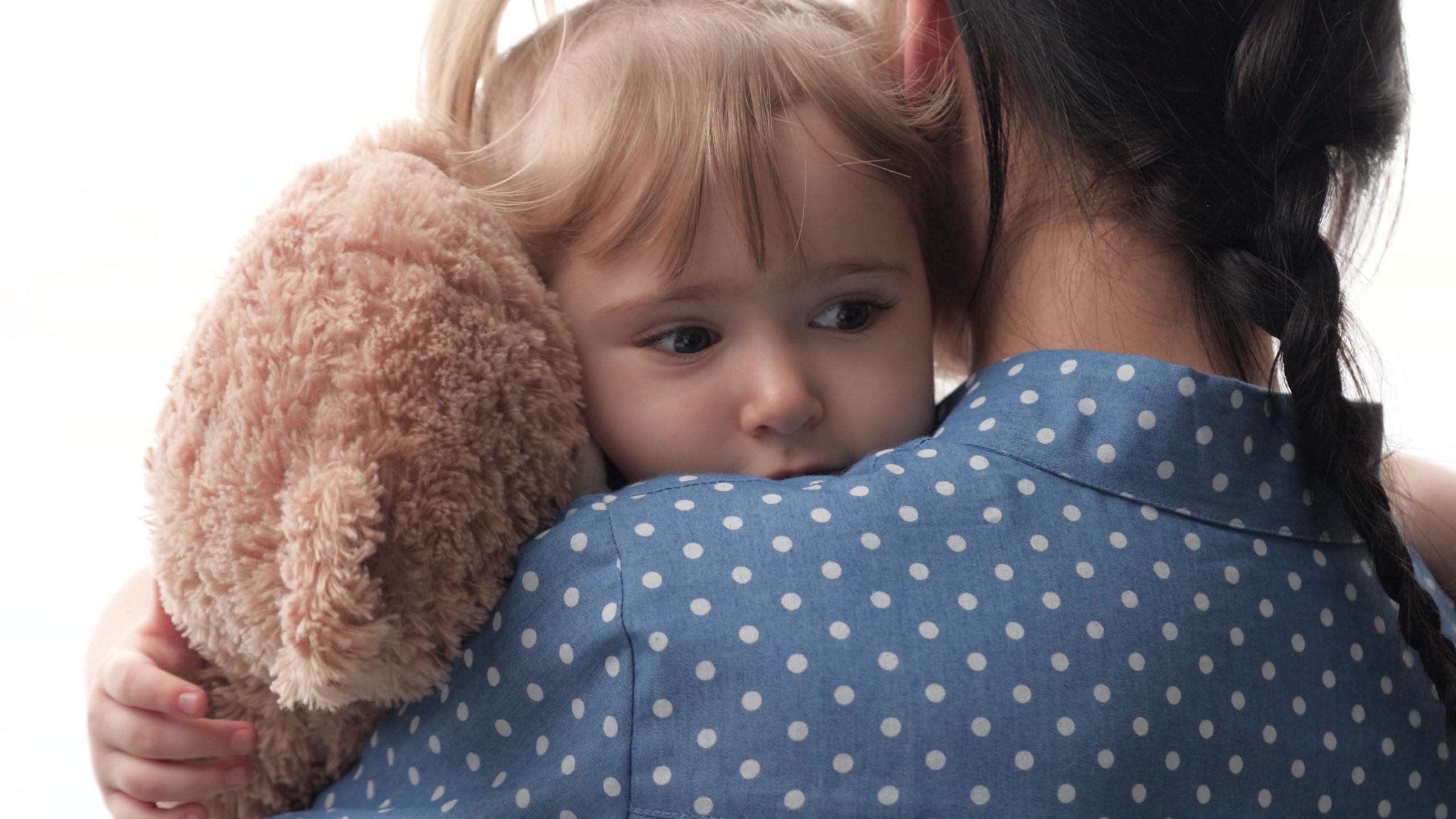5 Tips for a Smooth Daycare Drop-Off

Your child is ready to go to daycare for the first time. This is exciting for both of you, but it can also be a stressful and emotional time.
Daycare drop-off, on the first day, is going to be tough. Your child may feel some separation anxiety. This can result in tears, tantrums, and more.
We’re here to help you make your first day of daycare drop-off as stress-free as possible. Keep reading for our tried and tested daycare drop-off tips.
1. Communicate With Your Child
Many parents falsely believe that their children are unable to understand why they’re going to daycare. They may think that it will be easier to let children experience daycare drop-off without any planning.
In reality, children are more aware than you’d think. Even toddlers are capable of comprehending daycare drop-off as long as you’re able to explain and communicate.
But how do you do that?
Explain The Situation
Start by letting your child know, in plain language, how the situation is going to go and why they’re going to daycare in the first place. Children may feel as though you’re abandoning them if you don’t have this conversation.
Talk to them about how daycare is going to prepare them for “big kid school” and let them know how they’re going to start having fun new experiences. Talk to them about making friends and playing new games.
If your child is still struggling to understand, make sure to let them know that daycare is temporary. While it might seem silly to you, children may think that they’re going away forever on that first day of daycare.
Make it clear that they’ll be there for several hours per day and then they’ll get to come home.
Get Excited
Make sure that you use a positive attitude when you’re communicating with your child about daycare. If you show too much anxiety, your child can pick up on that emotion.
Help your child get amped up about their new experience by talking about the positives instead of the negatives. Let them know how excited you are for them to have this new experience.
Use Books
Many young children love and understand picture books even if they aren’t ready to read yet. In the days leading up to the first day of daycare, read books to them about children going to daycare or school for the first time.
Children will get to see characters go through this experience and this may make them feel more prepared (or even excited).
Talk About Feelings

Children don’t yet know how to process difficult emotions, but you can help. Talking about emotions is a great way to understand and bond with your child. You could even read a book specifically about different feelings, like the Cheryl Orsini illustrated one above.
Ask your child how they’re feeling. Are they sad, excited, or worried? Why do they feel that way and what do they want?
You can also talk to your child about your own feelings. Again, children aren’t capable of processing these emotions, but that doesn’t mean that you can’t explain them and try to help your child navigate them.
2. Try a “Drop-Off Ritual”
Dropping your child off at daycare might be somewhat of an ordeal during the first few days. To ease this problem, create a recognizable morning ritual.
This will vary depending on the child. Some children may want a certain breakfast or snack before daycare, to play a game, or even to read a familiar book. Other children may want to get some outdoor playtime in before they’re ready to go.
When you’re at daycare, consider making a “secret wave” or “secret handshake” that your child can look forward to when you leave. You could even make a routine of sending them with a favourite treat.
You will have to shorten this ritual over time. As your child gets more comfortable, they won’t need the ritual to be as excessive.
3. Start Slow (If Possible)
If your child is resistant to going to daycare, try starting as slow as possible. As long as you aren’t going back to a necessary routine (such as work) on the first few days of daycare, it might be helpful for you to make your child’s time away short at first.
Consider having your child in daycare part-time until they’re ready to stay for longer periods. You can have them in daycare every other day or take them out when the day is half over.
You might also benefit from having your child “start daycare” before the literal start. Send them to playgroups with friends every day, create a fake daycare at home, and start the morning routine before they need it.
This will prepare your child for when they finally set foot in the daycare building. They already know (somewhat) what to expect.
4. Send Your Child With Fun or Familiar Objects

Children like familiarity. It’s helpful to send your child into their daycare centre with something that reminds them of home or that makes them feel comfortable. This may reduce their daycare separation anxiety.
Here are a few of our favourite things to send with a child when they’re leaving home for the first time.
Favourite Outfits
Does your child have a favourite outfit or costume to wear? While it might not be practical long-term, allowing your child to wear it on the first day of daycare may make them happier.
Let your child choose their own clothes on the first day and try not to change them. Even if your child would like to wear fairy wings and a tiara, if this makes them feel happy, let it slide.
If your child doesn’t yet have a favourite outfit, take them shopping so they can choose their own first-day outfit.
Choose Favourite Plush Toys
If an outfit isn’t working, why not send your child with a comforting plush toy?
Children will be provided with plenty of toys and games while they’re in daycare but toys from home are more comforting. As long as the toy is small enough to be practical, there’s no harm in letting your child bring it with them.
If you don’t feel comfortable sending the child with a favourite toy (after all, a lost favourite plush can turn into a disaster), have them pick out a small new plush toy.
Make sure that you write the child’s name somewhere on the toy. It can be on the tag or on a sticker if you don’t want to write on the toy itself. This way, if they lose the toy, the caregiver can return it to you.
Handmade T-Shirts
If your child is still feeling some anxiety, have a fun crafting project with them before they start daycare. This is great for parents and children alike.
Work together to make tye-dye or otherwise decorated shirts. You can use markers, glitter, pom poms, or anything else that your child would like to use for their special shirt.
Let them know that this is their special daycare shirt. You can even make a matching one for yourself if that makes them happy. Children love mimicking their parents.
As a parent, this will be a great experience for you as well. You can continue this tradition throughout your child’s school life and collect the shirts as you go. While your child may start to resist the tradition as they get older, they’ll likely still be willing to do tye-dye projects.
Get photos of the child every year on their first day and treasure them.
5. Communicate With Caregivers
There are always going to be roadblocks on the first few days of daycare unless you have a particularly extroverted child. Use their new caregivers as a resource to help both you and your child.
It’s a good idea to start talking to the caregivers in advance, especially if your child has specific or special needs. Let them know about how your child reacts to stress and your child’s specific anxieties.
It’s also a good idea to bring your child in to meet the caregiver early (or try to arrange a video chat). When you familiarize your child with their caregiver, they may feel more comfortable when it’s time to spend the day together.
Daycare Drop-Off Is Never Easy
Daycare drop-off is hard for both parents and children. This is your child’s first experience being away from you for an entire day in a structured environment. Try to understand their anxiety and use these daycare drop-off tips to make the process as smooth as possible.
Are you raising a happy and healthy toddler? At Nutura, we make nutrition easy from infancy through toddlerhood. Shop our selection today.
This article is designed to provide general advice for parents and guardians. For specific health advice, please consult with your child’s healthcare practitioner.



